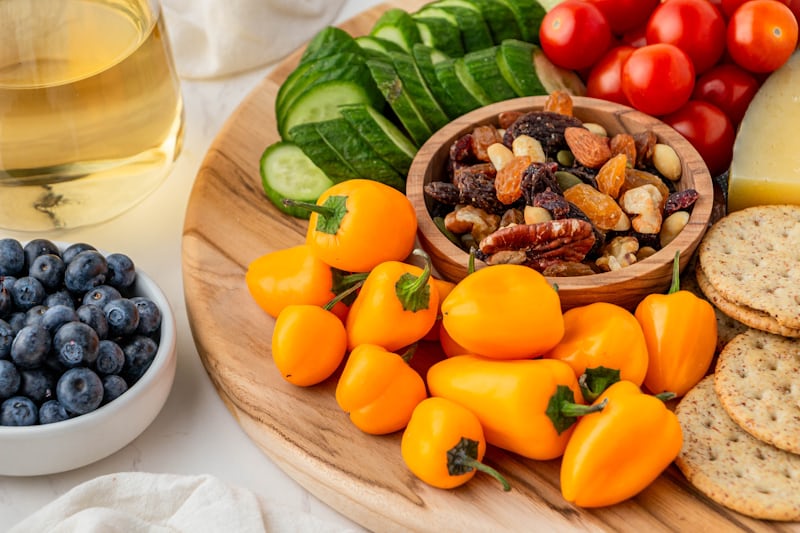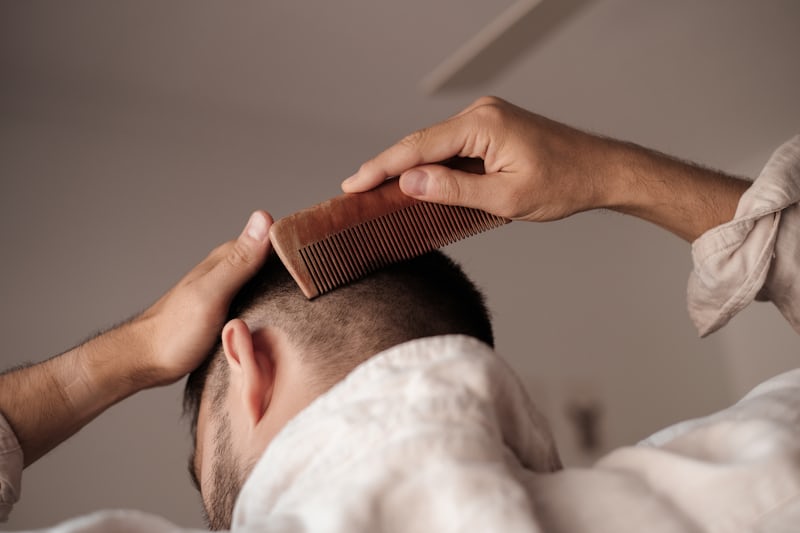Testosterone is the primary male sex hormone, responsible for muscle mass, energy levels, libido, bone density, and overall vitality. While testosterone naturally declines with age, lifestyle choices, including diet, can significantly impact its levels. Eating the right foods can support hormone production, improve energy, and promote better overall health. This guide covers the best foods to naturally boost testosterone and optimize male wellness.
Why Testosterone Matters
Testosterone influences a wide range of body functions, including:
- Muscle growth and strength
- Fat distribution
- Bone density
- Libido and sexual performance
- Mood, focus, and mental clarity
- Energy and stamina
Signs of Low Testosterone
- Low energy and fatigue
- Reduced libido
- Difficulty building muscle
- Increased body fat, especially around the abdomen
- Mood swings, irritability, or depression
- Hair loss or thinning
- Poor concentration and memory
Top Testosterone-Boosting Foods
1. Eggs
Eggs are rich in protein, cholesterol, vitamin D, and healthy fats—all essential for testosterone production.
- Vitamin D supports hormone synthesis.
- Cholesterol is a precursor for testosterone.
- Include 2–3 eggs daily for balanced nutrition.
2. Fatty Fish
Salmon, mackerel, sardines, and tuna are high in omega-3 fatty acids, which support heart health and testosterone production.
- Omega-3s reduce inflammation, which helps maintain hormone balance.
- Rich in vitamin D, further boosting testosterone.
- Include fatty fish 2–3 times per week.
3. Oysters and Shellfish
Oysters are extremely rich in zinc, a mineral crucial for testosterone synthesis.
- Zinc deficiency can reduce testosterone levels.
- Include oysters occasionally as a natural testosterone booster.
- Other shellfish like crab and lobster also provide zinc.
4. Lean Meat
Beef, chicken, and turkey provide protein, zinc, and saturated fats essential for testosterone.
- Protein supports muscle growth and repair.
- Zinc and saturated fat promote healthy hormone production.
- Include lean cuts to avoid excess saturated fat intake.
5. Nuts and Seeds
Almonds, walnuts, pumpkin seeds, and sunflower seeds are rich in healthy fats, zinc, and magnesium.
- Magnesium boosts testosterone and improves sleep quality.
- Healthy fats support hormone synthesis.
- A handful daily is sufficient for benefits.
6. Cruciferous Vegetables
Broccoli, cauliflower, and Brussels sprouts help regulate estrogen levels, which can positively affect testosterone.
- Contain compounds that reduce excess estrogen.
- Support healthy testosterone-to-estrogen balance.
- Include at least one serving daily.
7. Garlic
Garlic contains allicin, which may help lower cortisol levels, indirectly supporting testosterone.
- Lower cortisol helps prevent testosterone suppression.
- Add garlic to meals for flavor and hormonal benefits.
8. Olive Oil
Extra virgin olive oil is a source of healthy monounsaturated fats that support testosterone production.
- Helps reduce inflammation and improve heart health.
- Can be used in salads, cooking, or drizzled on vegetables.
9. Pomegranate
Pomegranate is rich in antioxidants, which improve blood flow and may boost testosterone.
- Supports cardiovascular health and stamina.
- May increase testosterone levels when consumed regularly.
- Include fresh pomegranate seeds or juice daily.
10. Spinach and Dark Leafy Greens
Spinach, kale, and Swiss chard are high in magnesium, iron, and vitamin B6.
- Magnesium has been shown to boost testosterone.
- Iron supports energy levels and overall vitality.
- Add to salads, smoothies, or sautés daily.
11. Berries
Blueberries, strawberries, and raspberries contain antioxidants that combat oxidative stress, which can affect testosterone.
- Reduce free radicals that harm testosterone-producing cells.
- Support overall hormone balance.
- Include as snacks or breakfast toppings.
12. Coconut
Coconut and coconut oil contain healthy fats that support hormone production.
- Medium-chain triglycerides (MCTs) aid energy and hormone synthesis.
- Add coconut oil to cooking or enjoy fresh coconut.
Additional Lifestyle Tips to Boost Testosterone
- Exercise Regularly: Strength training and high-intensity interval training (HIIT) are particularly effective.
- Get Enough Sleep: 7–9 hours of quality sleep is essential for hormone regulation.
- Manage Stress: High cortisol levels suppress testosterone; practice meditation, yoga, or deep breathing.
- Maintain a Healthy Weight: Excess body fat, especially around the abdomen, can lower testosterone.
- Limit Alcohol and Processed Foods: Excess alcohol and refined carbs can negatively impact hormone levels.
- Sun Exposure: Vitamin D from sunlight supports testosterone production.
Sample Daily Meal Plan for Testosterone Boost
Breakfast
- Omelet with spinach, mushrooms, and a drizzle of olive oil
- Side of fresh berries
- Green tea or black coffee
Mid-Morning Snack
- Handful of almonds and pumpkin seeds
- Pomegranate juice or a small fruit
Lunch
- Grilled salmon or lean beef
- Steamed broccoli and quinoa
- Olive oil dressing or avocado slices
Afternoon Snack
- Greek yogurt with blueberries
- Optional: a small piece of dark chocolate (70% or more)
Dinner
- Grilled chicken or turkey
- Sautéed cruciferous vegetables (broccoli, Brussels sprouts)
- Side salad with olive oil and lemon dressing
- Optional: garlic added for flavor and health benefits
Evening
- Herbal tea or water
- Optional: handful of walnuts or coconut flakes
Final Thoughts
Boosting testosterone naturally requires a combination of proper nutrition, regular exercise, stress management, and adequate sleep. Incorporating these foods into your daily diet not only supports testosterone production but also enhances overall male health, energy, and vitality. Start with small, sustainable changes and observe improvements in mood, stamina, and physical performance over time. Pair healthy eating with an active lifestyle for the best results.


